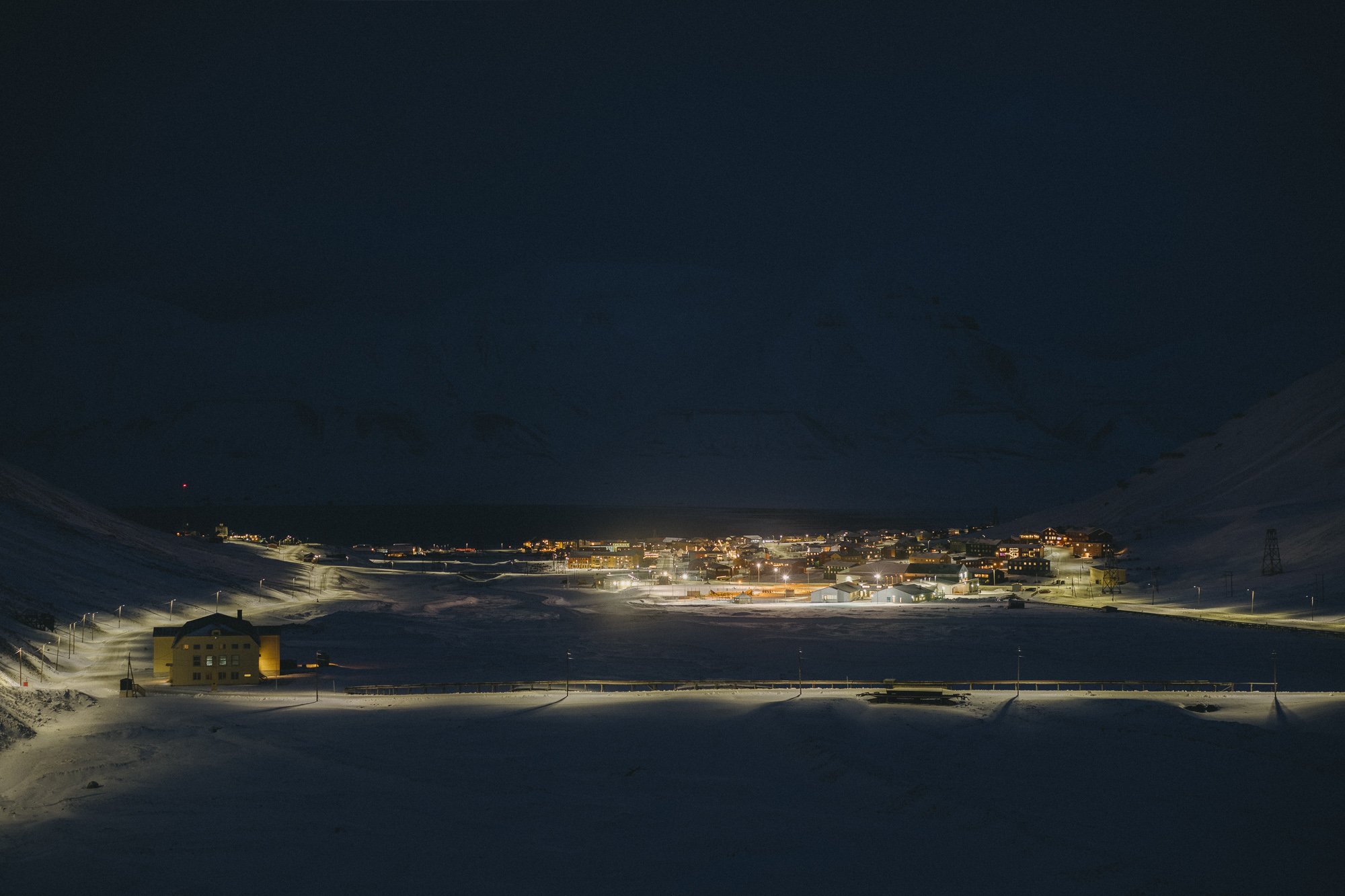ARTICA WRITINGS 2024:
SVALBARD’S INTERNATIONAL COMMUNITY
Photo by: Ángel Valiente
Elida Høeg, Photo by: Ángel Valiente
Artica Svalbard’s Artica Writings series returns, focusing on the personal stories of international residents in Svalbard. Unlike many Arctic regions, Svalbard has no indigenous population, with its 2,500 residents representing over 50 countries. Recent changes in Norwegian policies, outlined in the Svalbard white paper, aim to make Longyearbyen more appealing to Norwegian families by improving housing and services. At the same time, voting rights for non-Norwegian residents in local elections are being restricted unless they have strong ties to mainland Norway. These changes signal a shift in Norway’s governance approach, aiming to reinforce its presence in the region while impacting Svalbard’s diverse international community.
Led by journalist Elida Høeg, known for her work on climate and migration, with photography by Ángel Valiente, the series explores how international residents navigate these evolving policies and cultural dynamics. It delves into their personal journeys, the challenges of adapting to Norwegian customs, and the broader implications of these policy shifts. Coinciding with the centenary of the Svalbard Treaty, which upholds principles of shared access and equality, the essays culminate in a 2025 publication that offers an intimate and timely portrait of life in this unique Arctic community.
This project is generously supported by Fritt Ord, a foundation dedicated to promoting freedom of expression in Norway.
“I have to send 97 emails just to set up a tent.” - Jason Roberts
It was a friendly agreement that led the Australian Jason Roberts to move so far north. Along the beaches of Australia, he taught a Norwegian exchange student how to surf. In return, he was supposed to learn how to ski in Norway—if he ever made it there for a visit. And he did. After earning a degree in economics and working on the stock exchange in Australia, he traveled north. After spending a few years on the mainland, specifically in Kautokeino in Finnmark, he arrived in Svalbard in 1990.
“I want to be somewhere I can feel at home.” - Valeriya Burlachenko Mikhalskaya
Just before the pandemic shut down one place after another, Valeriya Burlachenko Mikhalskaya took the last scheduled flight from Moscow to Svalbard. She was going to work as a guide for tourists in the Russian mining town of Barentsburg. Valeriya had been hired by the state-owned company Trust Arktikugol to help develop its tourism operations. However, when COVID-19 spread and international travel halted, most tourists were unable to come.
Artica Writings 2024: Introduction by Elida Høeg
"One always imagines Spitsbergen as a barren and silent frozen world—but that is a grave mistake," wrote the French traveller Léonie d’Audet in 1839. She was likely the first woman to visit the archipelago and believed she would also be the last. When d’Audet travelled to the Arctic with a research expedition, she encountered no other people. The noise she heard and described was the sound of breaking ice during the spring thaw. Even today, the archipelago is far from silent. But now, the sounds also include voices—voices from Longyearbyen’s diverse community. In this series, some of those voices are heard.






